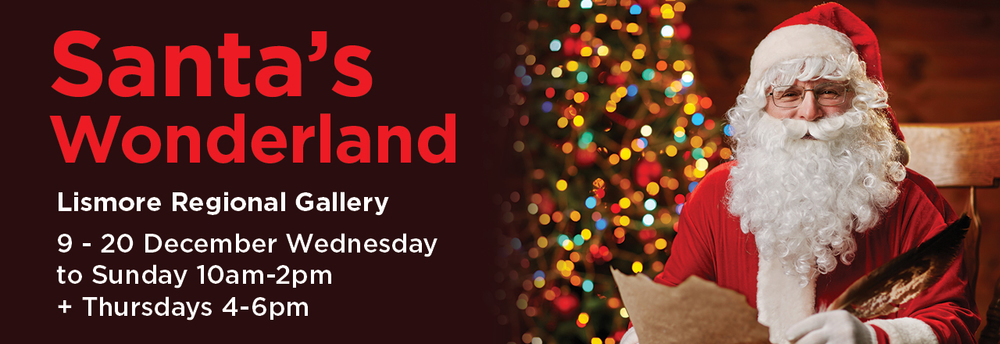SUNDAY PROFILE: From lawyer to monk Bishop Greg Homeming
Liina Flynn
19 December 2020, 6:00 PM

Before he was a priest, Lismore’s Catholic Bishop, Greg Homeming was a lawyer. His journey from lawyer to Carmelite monk, priest and bishop has seen him devote his life to study, prayer, self reflection and a desire to help people.
With Christmas approaching next week, the Lismore App asked him what his message for Christmas was - and found out more about the life and history of the leader of the Lismore Catholic Diocese.
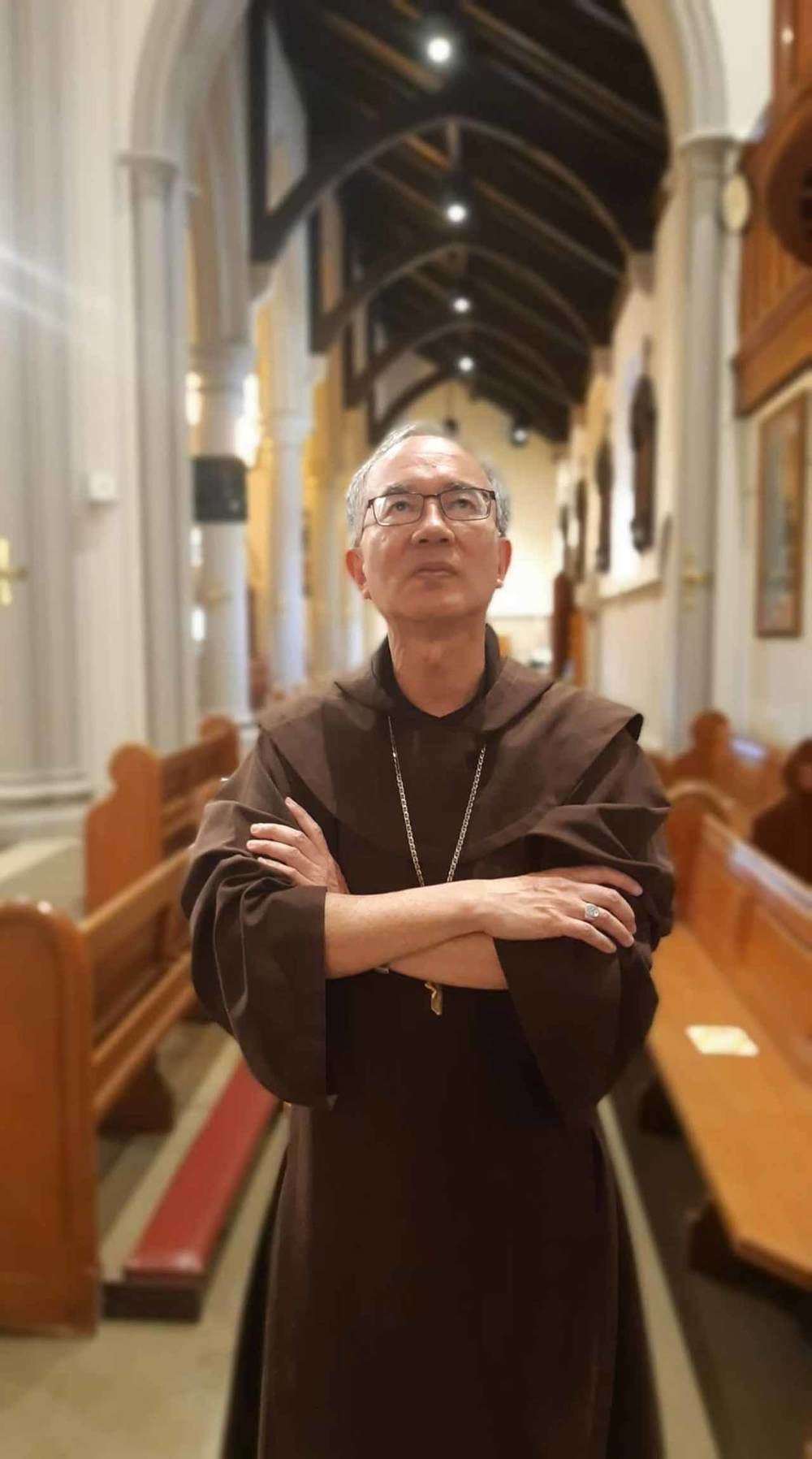
Bishop Homeing inside St Carthage's Cathedral, inspecting damage from the recent arson attack.
Read more about it: After arson, St Carthage's Cathedral now opens for mass
Leadership of the Lismore Diocese
Bishop Homeming was appointed as a bishop in Lismore four years ago. He said it’s a position he didn’t ask for and he’s still not sure why he was chosen to be the bishop, as he doesn’t think of himself as a leader.
“I was just trying to mind my own business and not be noticed,” he said. “But it was God’s calling, so I came here.”
His deep humility, intelligence and wisdom have led him to lead the Lismore Catholic Diocese with style that is about working with people, not commanding obedience.
As a bishop, he said he’s like the CEO and chairman of the company. He’s in charge of the Diocese and can ordain men into priests.
“In the Lismore Diocese, I have 26 parishes to run, over 40 schools, 13 aged care places, a soup kitchen and I need to keep them running,” he said. “The money to run them doesn’t come from church collections, as not and not as many people come now.
“My job is to find out what God wants me to do and God will look after it.
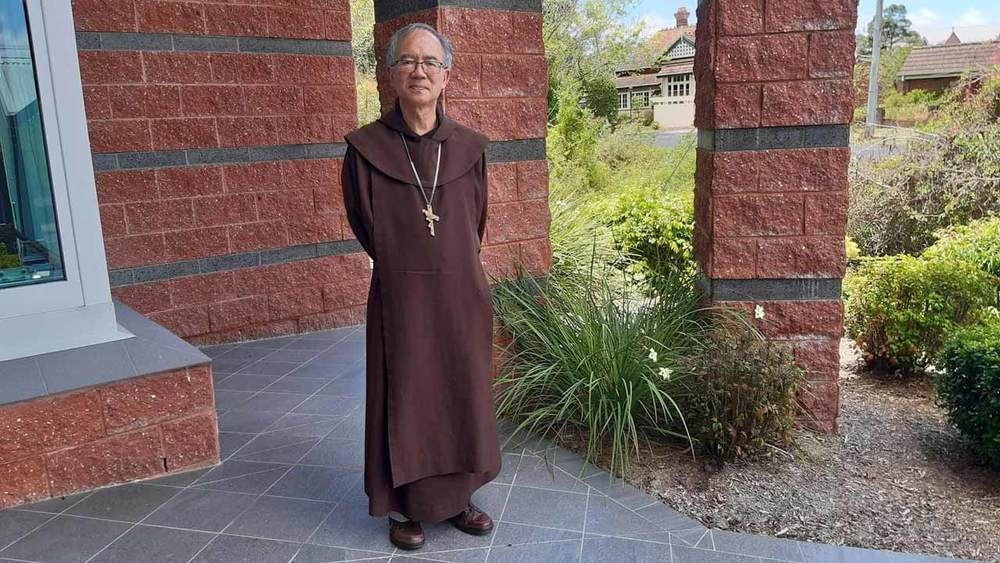
Family history
Bishop Homeming was born in Sydney and studied economics and law at Sydney University, then became a lawyer in a law firm for five years.
While his parents were Catholics, and he went to Catholic schools and church on Sundays, he said he was never overly religious.
“My grandfather came to Australia from China,” Bishop Homeming said. “When he arrived, they took the last part of his name and turned it into part of a surname, so the name Homeming didn’t exist before that.
“When I first had my calling to the Church, my family thought I’d gone mad, but when they saw I was so happy and flourishing they were happy about it. If I was to ever leave the church, they would all be devastated about it.
Marriage?
“I was a very shy person. I had friends, but nothing serious ever happened with girls. Many Chinese men don’t get married till later – and for me, Mrs Homeming never turned up.
“When I got ordained as a priest, I said to my mum there’s a very lucky girl out there because she won’t have you as a mother in law. My father couldn’t stop laughing. This was family humour of course.
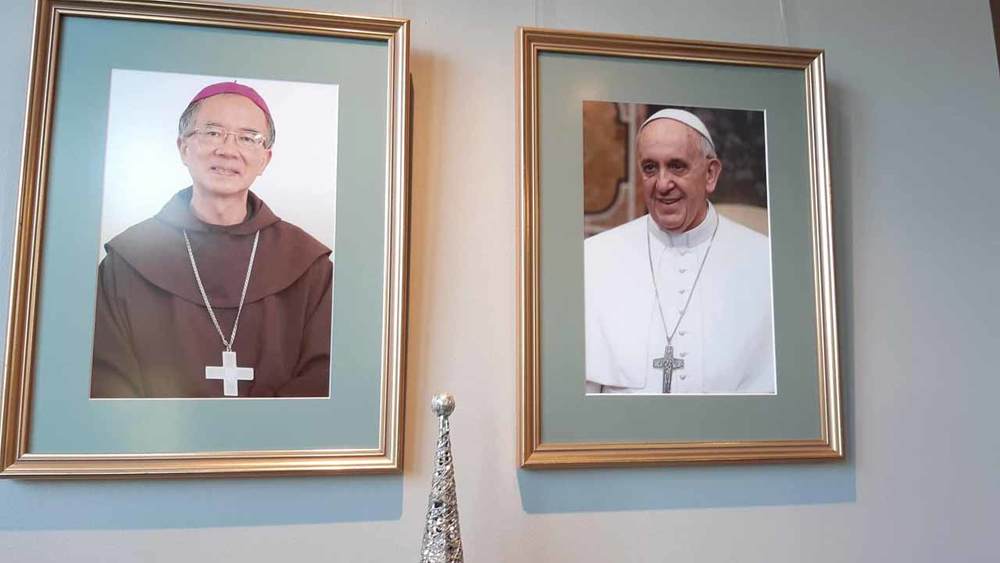
Why the calling?
“I was very happy being a lawyer and after five years I had started making money. I went to church as lots of lawyers did – you would see them there and realise who the Catholics were.
“But I went to visit a friend who had joined the Discalced Carmelites - a religious order of monks - and from the moment I walked into the monastery and prayed in the chapel, I knew this is where I would end up one day.
“I spent over two years trying to get the thought out of my head and then thought, if I join, it will be so difficult that I would only last a couple of months and I would get it out of my system.
“In 1985 I joined the Discalced Carmelites and I still haven’t got it out of my mind. It just came upon me and took me.
“My friend who I had visited is now married with children.
Discalced Carmelites
“While I was preparing to give my life fully - it takes six years to make the decision – I studied theology at the Melbourne College of Divinity, then did a Masters degree at Melbourne Uni, then was ordained as a priest.
“Then I worked as a Carmelite for many years, giving spiritual direction, living a life of prayer.
“In my own funny way, I was trying to help people then in 2016.
“I had a message from the Pope’s ambassador in Australia, telling me that he was appointing me Bishop of Lismore - which I didn’t want – I never wanted to be a bishop.
“I just wanted to be a simple Carmelite living a simple life of prayer. But because I had taken a vow of obedience to the Pope, I thought I’ve got no choice.
“So, now I’m the bishop of Lismore and I was ordained in the Lismore cathedral on February 22, 2017.
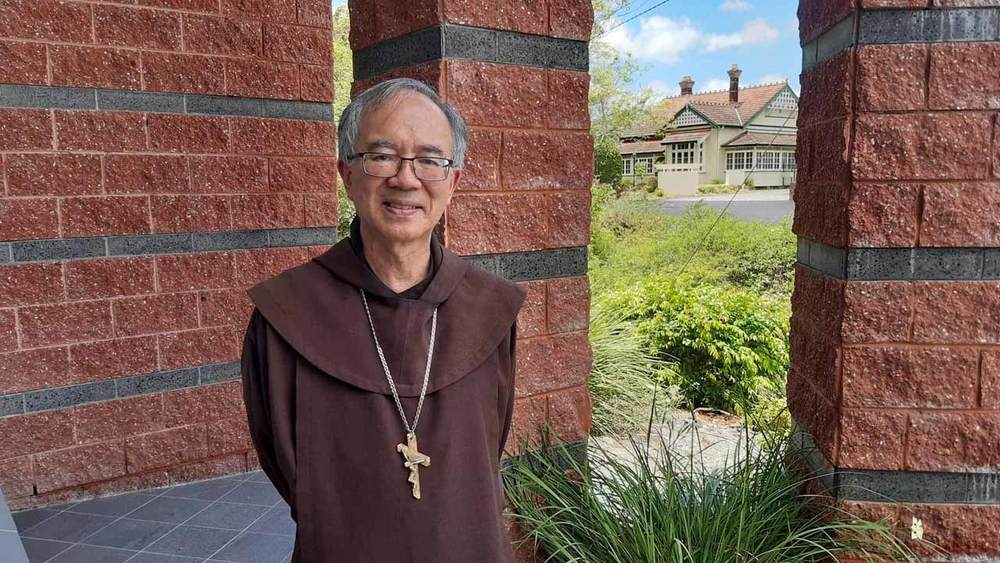
What do Carmelite monks do?
“Discalced Carmelite men pray three to four hours a day. Mostly in the chapel - two hours of simple meditation a day in the morning and evening.
“The life is very simple. Prayer started at 6am till 8am. It was hard when I first started but you get used to it. Then I would make breakfast.
“The food there was dreadful, I thought I would leave because of the food. It was mostly meat and three vegetables which had been cooking for hours. If you didn’t finish it, it would come back the next day as deep fried vege balls, or all mashed up into a soup.
“Most people watch TV, but we would only watch the news. I did a lot of reading. As a community, we would cook our meals, eat or shop together. There was a sense you had a family – not a married family, but a family of brothers living together.
“There was less worry, greater simplicity and you begin to recognise what is important.
“Most things that people worry about, except for survival issues, are not that important.
Brown robes
The brown robes and sandals he wears to work each day are a reminder of his vows. it helps him identify with what he chose back in 1985.
“It also means that what I believe is more important than who I am,” Bishop Homeming said.
The Discalced Carmelites order began in 1180 in the middle east (Israel) and Bishop Homeming said back then, people wore simple brown tunics with an apron and hood.
“For a Carmelite, the most important thing is your relationship with God. So much of the day is prioritised by prayer and you are constantly going to the chapel to pray at set times. It’s about struggling with God and towards God and whatever we learn there, we use to help people.
“You help people relate to God because you are struggling with your own weakness and trying to get your life in order with the help of God. Other priests will be more focussed on educating, hospitals, caring for people working with the poor.”
Prayer
As a bishop, he is a busy man and said it’s important he has quiet time each day to pray and find God.
“My life is not mine, it is God’s,” he said.
“Love is a relationship with another person, prayer is a relationship with God. Meditation can be a relationship with myself, but it can also be a relationship with God.
Money
“When I became bishop of Lismore, my weekly pocket money in 2017 was $23 dollars a week. But food is provided and you have somewhere to live. I actually find it difficult to spend $23 a week. When I first began as a priest it was $4.60 a week.
“You get used to not wanting things and just having what you got and living simply and not buying things.
“I have a house I live in – the old bishop’s house. It’s somewhere to live. Since I’ve been there, I’ve bought some books, a wok to cook in and a pot to put in the oven to cook stew."
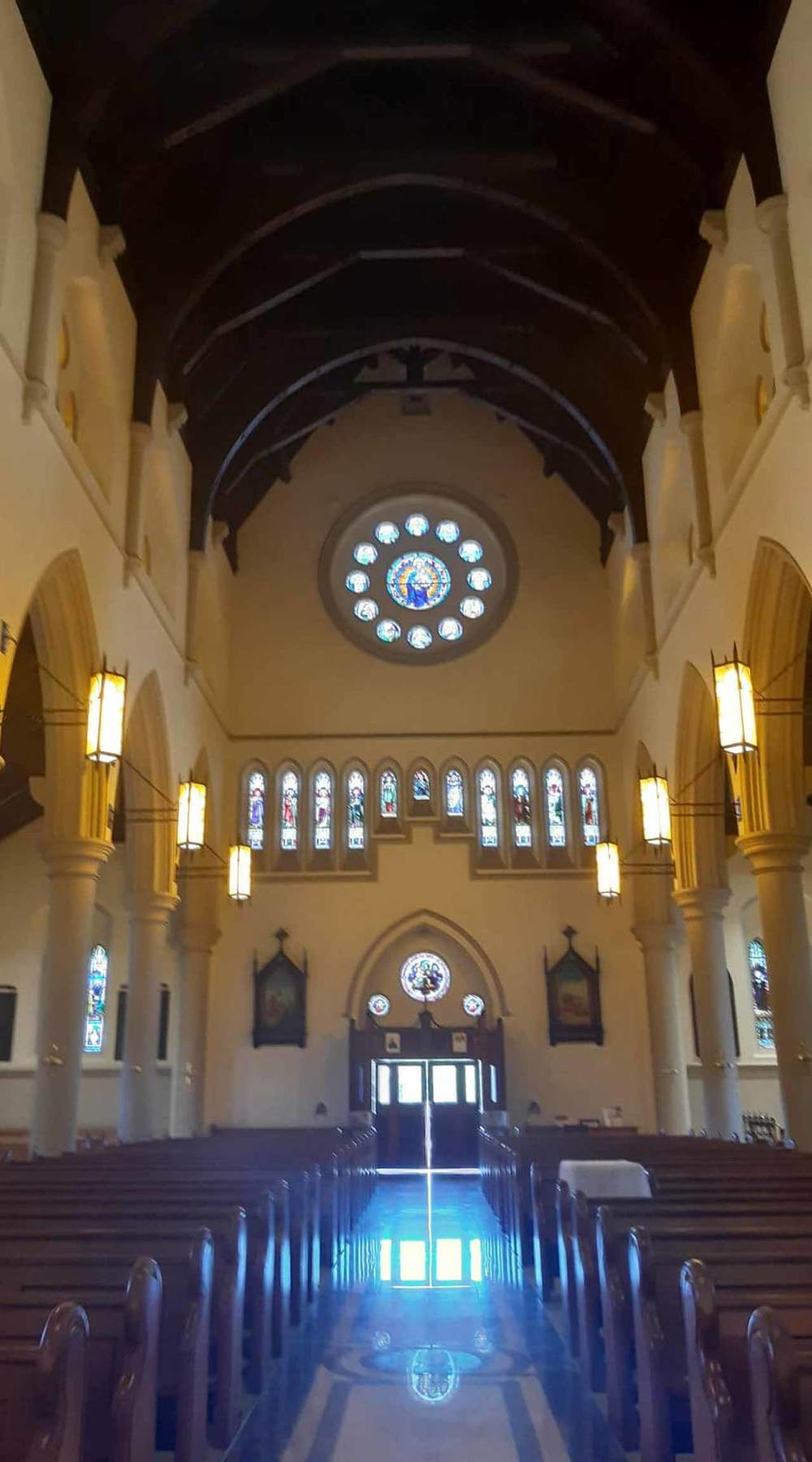
Inside St Carthage's Cathedral.
A day in the life of a Bishop
Bishop Homeing wakes up early by 4am, prays, has breakfast and is in the office by 8.30am. he works till 5.15pm, then goes home and prays.
“Then I won’t even answer the telephone,” he said. “I have my quiet time, then go to bed by 9.30pm.
Distractions
“Contemporary life is a life spent looking for distractions, so it’s a choice to keep focussed on what your life is about when you live a life of prayer. If there’s no focus or meaning or purpose in life, then there’s no simple place for God in your life.
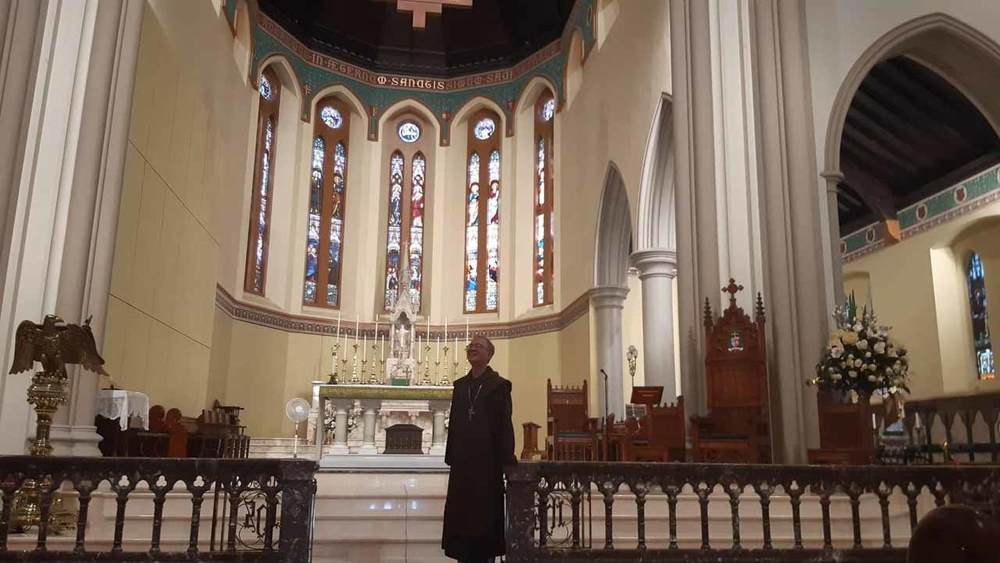
Bishop Homeming inside St Carthage's Cathedral.
The Catholic Church and the exposed historic child abuse
When asked about what he thought about the Catholic Church and the exposed sexual abuse of children by priests, he said it was wrong and should never happen.
“I didn’t know much about this until I became a bishop, but like any other Catholic I am ashamed of what happened and that the church didn’t act more quickly adequately,” he said.
“I am ashamed of it and as a Bishop, I have apologised for the Church and must do anything I can do to help those who have suffered and to make sure it never happen again.
“The sad truth is that the focus on the Church avoids the real issue -child abuse is out there everywhere in the world. Before we directed our attention to institutions, 85% of it happened in families – it still is and we need to do something.
Heartfelt House
“The biggest issue in Australia is that kids are not being loved.
“I have been working with Heartfelt House - they help children who have been domestically abused and they have no one to turn to.
“No-one talks about this issue– I go to my primary schools and see the kindergarten and year one kids – and see there’s something wrong – I can see it on their faces - they are not as spontaneous and introverted and I ask the teachers if something is going on at home. But they say you can’t just walk in and do something.
“I would like to set up social housing so they can have accommodation and get support from school and local social services to help them.
“I have the resources of the Diocese of Lismore to help do this and every year we can change the lives of at least one or two kids - that would be something.
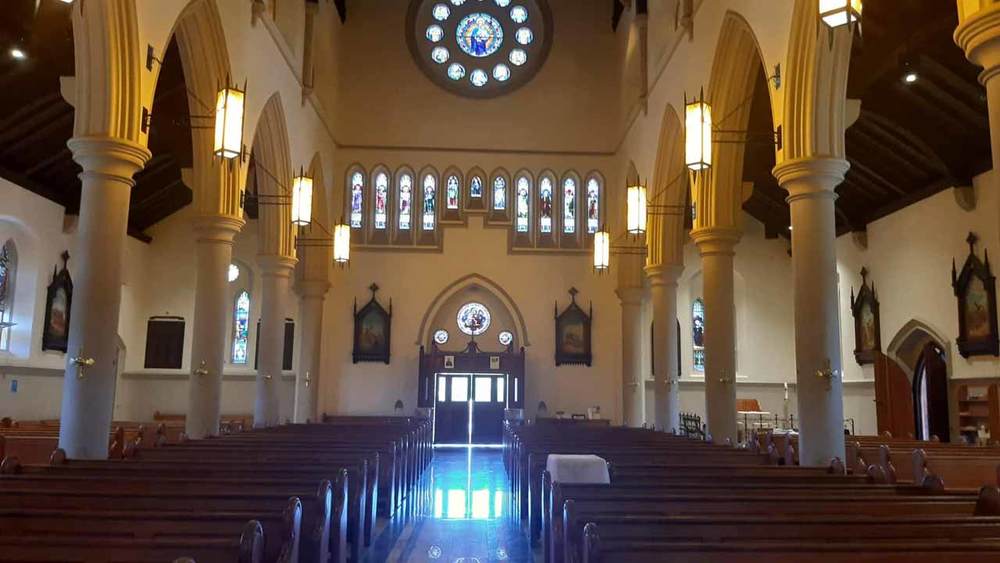
The problems of society
When asked what he thought were some of the main problems for people in our modern society, based on his own struggles, Bishop Homeming said the struggles are against the things that take away freedom.
Freedom or slavery?
“The real issue for people is that freedom means I can do and have whatever I want,” he said.
“Sometimes that’s slavery. Freedom is not doing and not having – it doesn’t matter. Freedom is the ability to choose, rather than living in a way where my choices are forced on me – like listening to the media telling me I need to have and own the newest thing.
“If people stop to think, they are not free, because they are conditioned.
“I think many people don’t know what they really want, because most things once they get them don’t satisfy them.
“A free person is satisfied with what they have. A person who is free responds not reacts; chooses life rather than tries to hold onto it – there’s a big difference.
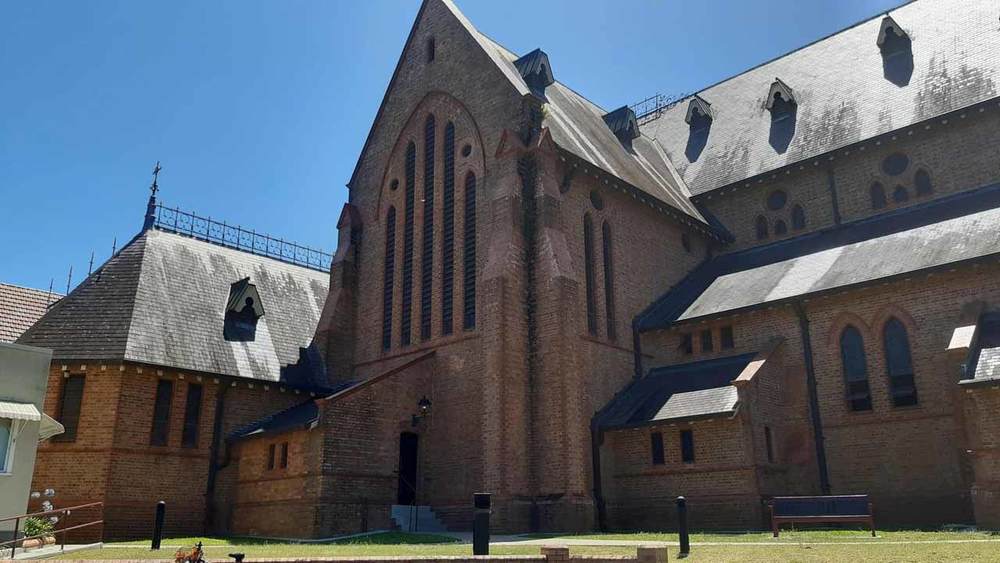
Difficulties
“My difficulties can determine my life, or I can live a life in such a way that I acquire freedom from my difficulties so that they give me a view on life so that I can live.
“One is slavery and one is freedom. What I consider as slavery, others see as freedom.
Grateful
“A person who has freedom is grateful for everything and expects nothing, so that whatever they get gives joy.
“As Buddhists say – you don’t have freedom when you expect something, because you never have enough. It’s a treadmill of unhappiness and somehow we have to get off that treadmill.
“You have to live a certain way and as you live it – life changes.
Forgetting
“In the midst of difficulties, we forget and only see what’s gone wrong, but if you recognise the good things of your life, it will change your experience and life can move from being a life of complaint to thanksgiving and joy.
What is God?
“God is the person who defines me and makes me who I am -and the one that I know by knowing myself and the one through whom I know myself.
“God is bigger than a religion. I believe in the same God as Anglicans and Muslims believe in. Fundamentally we are all created by God and can all relate to God in our own way.
“You will know if the relationship is correct because it brings a goodness to a person. If you love and are loved, I’ll know by looking at you, because it changes you. You become a better person.
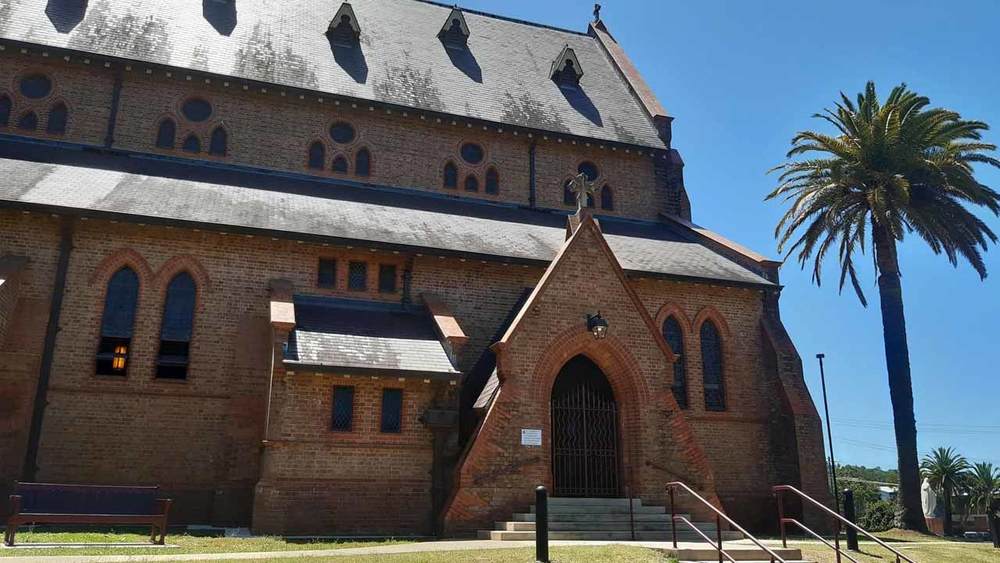
Message for Christmas
“This year, 2020 has been marked by fires, pandemic and flood. As a consequence, it has marked many people.
“It has brought about isolation, distress, mental health issues and this is the world in which we are saying ‘Happy Christmas’.
“Like World War II, there’s never been a time when the world has needed God more than now.
“In the Lismore Diocese, the whole area needs God and at Christmas, God wants to some to this place.
"At Christmas, in the midst of struggles and difficulties, we have to open to God because God wants to be part of it and suffer and walk with us as one who loves us and wants to be with us.
“That gives us hope and we need to take time to look withing out hearts and see God is already with us – that will make Christmas a wonderful time this year.”
Christmas Church services
December 20
An interdenominational carols service will be held tonight at 7pm at St Andrews church, with Bishop Homeming and the Anglican Bishop Murray, from Grafton Anglican Diocese. Nine Lessons and Carols this Sunday
December 24
Mass will be held on Christmas Eve at St Carthage’s Cathedral at 5.30pm and midnight. St Carthage's Catholic Parish Lismore
December 25
On Christmas day, mass will be held at 9am in St Carthage’s Cathedral. St Carthage's Catholic Parish Lismore
Other Church services can be found here: Church Services
